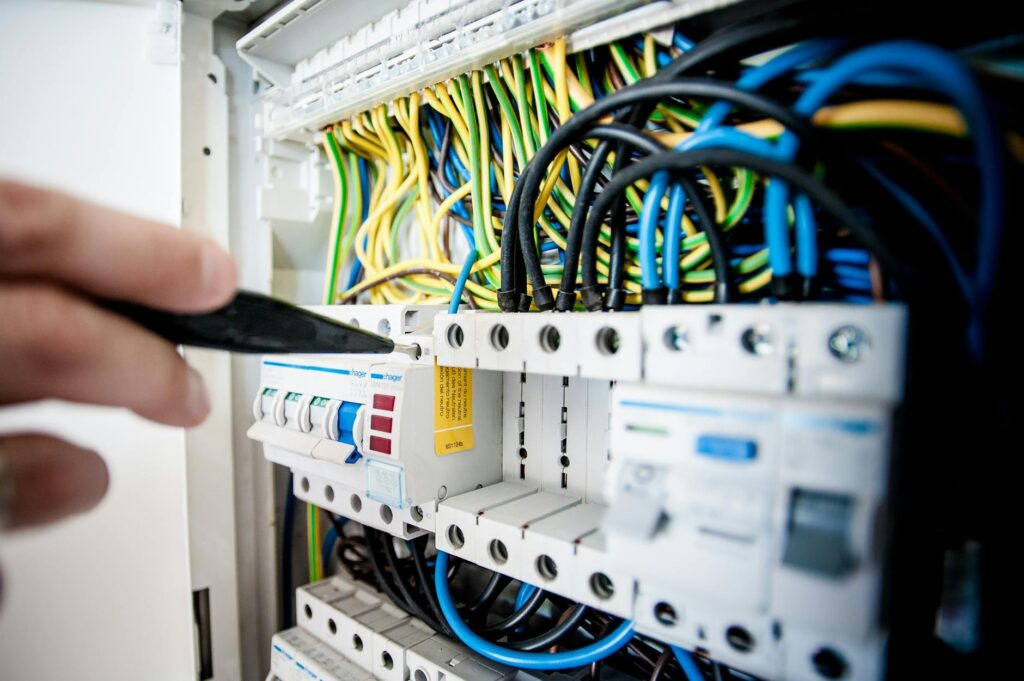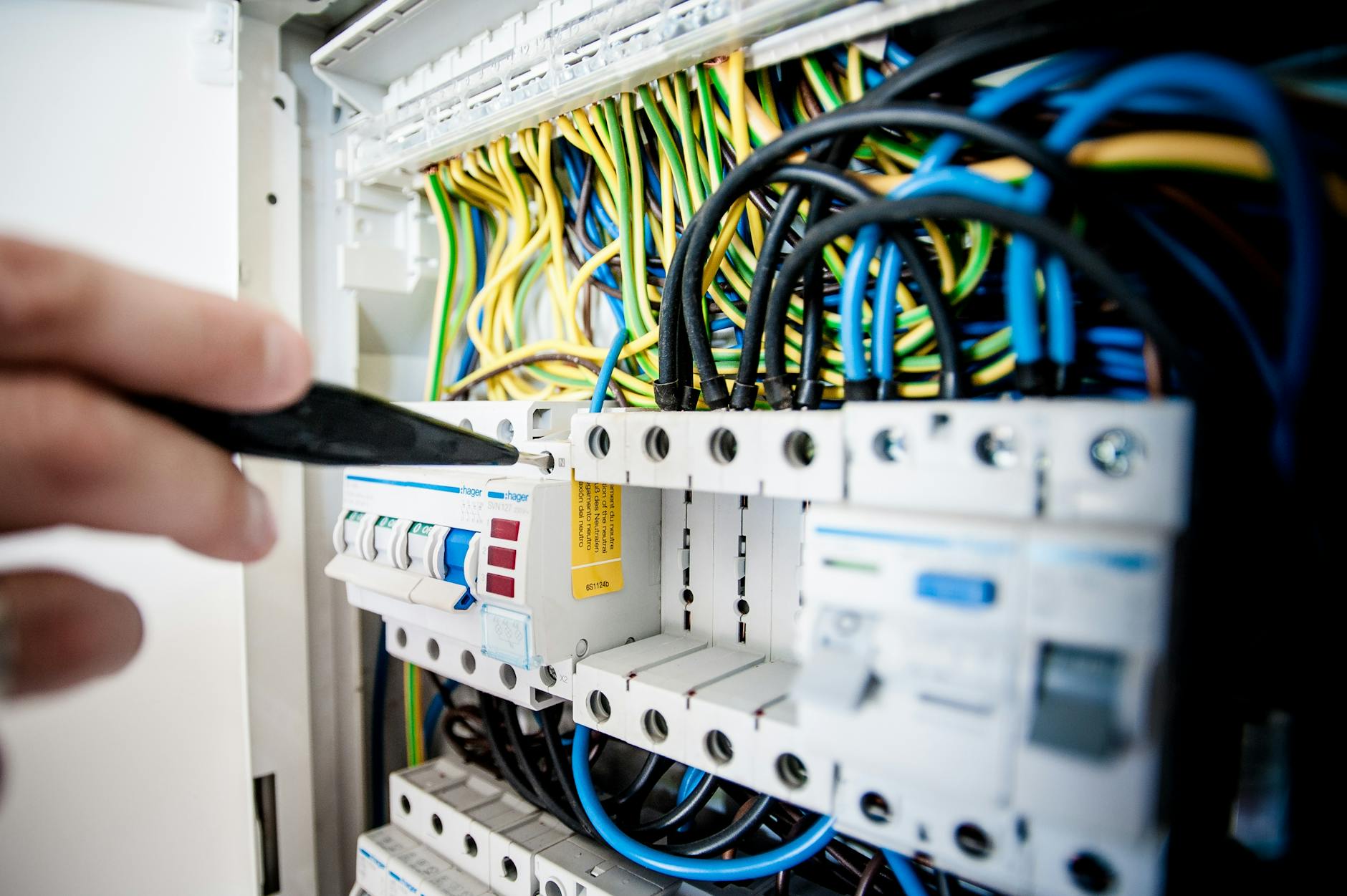What is energy management systems?

What is energy management systems?
In today’s energy-conscious world, understanding energy management systems (EMS) is crucial for both businesses and individuals. These systems help to optimize energy usage, reduce costs, and enhance sustainability. With increasing energy prices and a growing emphasis on environmental responsibility, energy management systems have become a vital tool for improving efficiency and productivity. So why should you care about energy management systems? Because they can significantly impact your bottom line and contribute to a healthier planet.
Understanding Energy Management Systems
Energy management systems are comprehensive tools designed to monitor, control, and optimize energy usage within various environments. They serve as a framework for energy consumers, including industrial, commercial, and residential sectors, to effectively manage their energy resources.
Definition and Purpose
At its core, an energy management system is a set of processes, technology, and equipment that work together to optimize energy usage. This involves collecting data on energy consumption, analyzing it, and implementing strategies to enhance efficiency. The main purpose of EMS is to reduce energy costs while minimizing environmental impact. These systems not only track energy consumption patterns but also provide actionable insights to help organizations adjust their energy strategies.
For a deeper dive into the definition, you can check out sources like UNIDO.
Core Components of Energy Management Systems
Energy management systems typically consist of several key components that work together to ensure effective energy optimization. These include:
- Monitoring: This involves the continuous tracking of energy consumption across different facilities. Sensors and data loggers collect information on energy use, helping to identify trends and anomalies.
- Control: Energy management systems allow for real-time control of energy resources, enabling organizations to adjust usage based on demand. This can involve turning off non-essential equipment during peak hours or optimizing heating and cooling systems.
- Optimization: EMS systems use advanced algorithms and data analytics to suggest the most efficient energy usage patterns. This can help organizations save on energy costs while meeting their operational needs.

Photo by Pixabay
Benefits of Implementing Energy Management Systems
Adopting energy management systems offers numerous advantages that can benefit various settings—from businesses to households. Here are some key benefits:
Cost Savings and Financial Benefits
One of the most compelling reasons to implement an energy management system is the potential for significant cost savings. Organizations that effectively manage their energy usage can reduce their energy bills by a substantial margin. According to Lawler Consulting, energy management systems can lead to direct energy cost reductions, which are realized through improved efficiency and smarter energy usage.
Enhancing Sustainability and Corporate Responsibility
In an era where corporate social responsibility is paramount, energy management systems can help businesses enhance their sustainability efforts. By reducing energy consumption and minimizing carbon footprints, organizations can improve their environmental impact and public image. Embracing an EMS signifies a commitment to sustainability, which can resonate well with consumers and stakeholders alike.
Challenges and Considerations in Energy Management
While the benefits are clear, implementing energy management systems comes with its challenges. Understanding these hurdles is crucial for successful adoption.
Common Barriers to Implementation
Organizations may face several obstacles when starting their energy management journey. Some common barriers include:
- High Initial Costs: The upfront investment required for setting up an EMS can be significant, which may deter some organizations from proceeding.
- Integration Difficulties: Many businesses struggle to integrate new systems with existing infrastructure, leading to potential inefficiencies.
- Data Management Issues: Managing and interpreting the data collected from an EMS can be overwhelming if the organization lacks the necessary expertise.
For more insight into these challenges, check out Al Mada Electric.
Strategies for Successful Integration
To overcome these challenges, organizations can adopt several strategies:
- Conduct Thorough Research: Before implementing an EMS, it’s essential to understand the specific needs of the organization and how an EMS can meet those needs.
- Seek Professional Guidance: Engaging with energy management consultants can help streamline the integration process and ensure that the system is set up effectively.
- Train Employees: Investing in employee training ensures that staff understand how to use the system effectively, leading to better results.
Future Trends in Energy Management Systems
As technology continues to evolve, so do energy management systems. Here are some trends that are shaping the future of EMS.
Integration with Smart Technologies
The integration of smart technologies, such as the Internet of Things (IoT), is transforming energy management practices. Smart devices can communicate with one another, providing real-time data and insights that enhance energy efficiency. For organizations, this means being able to make informed decisions quickly and effectively, maximizing energy savings.
Regulatory Trends and Environmental Standards
As regulations around sustainability become more stringent, energy management systems will need to adapt. Organizations must stay informed about evolving standards to ensure compliance and capitalize on potential incentives for energy efficiency improvements. These regulations can drive innovation and prompt businesses to adopt more advanced energy management practices.
For a look at the evolving landscape of energy management systems, consider reading insights from EnergyCap.
Conclusion and Call to Action
Energy management systems are not just a trend; they are a necessary tool for organizations striving to improve efficiency and sustainability. As energy prices rise and environmental concerns grow, adopting an EMS can lead to significant cost savings and a positive impact on corporate responsibility. If you’re considering enhancing your energy management strategies, now is the time to evaluate how an energy management system can benefit your organization. Embrace the future of energy management and take a step towards a more sustainable and efficient operation today!